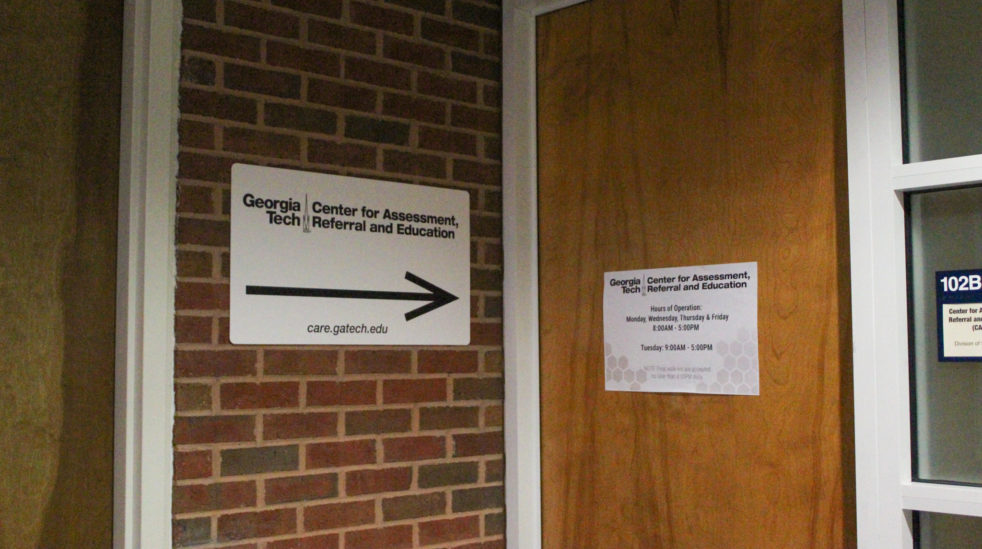Mental health has been one of the central focuses of campus debate for the last few years, both in the administration as well as among the student body. In the wake of the death of Scout Schultz in 2017, the Institute shifted its focus towards improving the mental health services offered on campus.
This was done in a number of ways, such as taking input from student advisory groups and attempting new solutions as a mental health initiative. This has resulted in changes such as the creation of the CARE center as the single entrance point to the Institute’s mental health care network, as well as an increase in the number of mental health professionals employed on campus and the offering of trainings such as QPR and VOICE peer advocacy.
Many of these steps were part of the Path Forward Initiative, which was one of the response plans formulated by campus administrators and student leaders to address the perceived lack of mental health infrastructure provided by the Institute.
The Student Mental Health action team, created as part of the initiative, published a report in the fall of 2017 chronicling the progressive worsening of mental health indicators at the Institute. Examples included an increase in the percentage of students who had previously attempted suicide from 5.9% in 2014 to 9.5% in 2017.
These reform and improvement efforts have been informed by a series of surveys conducted on Tech’s campus, such as the Healthy Minds survey, which is being conducted again this year with a sample of 8,000 undergraduate members of the student body. The survey is used to determine the sentiments and mental health histories of the student population, in order to determine the conditions of the campus community. It is also used as a barometer for what changes could be made to the Institute’s mental health services.
The mental health network on campus consists of the CARE center, the counseling center and Stamps Health Services. The three organizations work together to provide mental health resources to the campus community. In the past year, the Institute has hired 10 additional mental health professionals, increasing their numbers from 31 to 41.
The CARE center was introduced in the fall of 2019 to serve as the entrance point for the Institute’s mental health infrastructure. It provides initial consultations and referrals to the counseling center, as well as a session with a licensed therapist following the completion of the intake paperwork.
Questions still abound about the effectiveness of the Path Forward Initiative and what effect it has had on the overall environment at the Institute. The answer is that we don’t entirely know as of yet what the effectiveness has been, as the CARE Center will be assessed by the ongoing Healthy Minds survey, and the previous Healthy Minds survey that was conducted in the spring of 2018 did not give sufficient time for the changes and programs that were initiated in the fall of 2017 to affect the campus population as a whole.
The 2018 survey did yield recommendations; however, the main point of the recommendations was that the mental health environment on campus had been steadily declining from the previous Healthy Minds survey in 2016, and that further surveys should be conducted, complete with comparisons to peer institutions as a barometer.
The current Healthy Minds survey, upon completion, should provide a better look at how the efforts of the administrations and student leaders have affected how the Institute addresses mental health concerns, as well as how the student body’s condition has changed.
